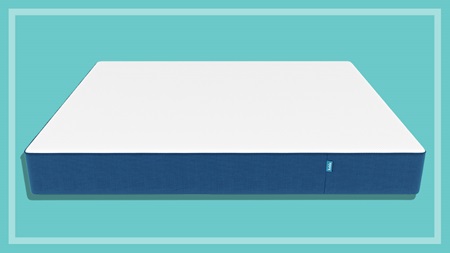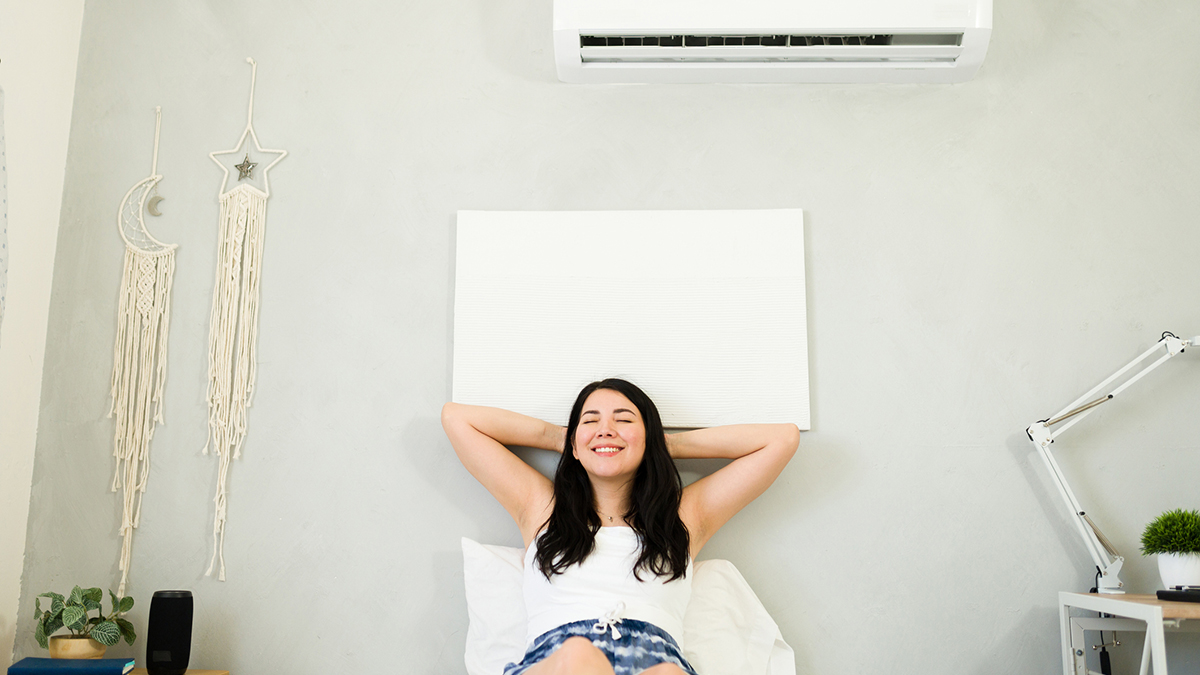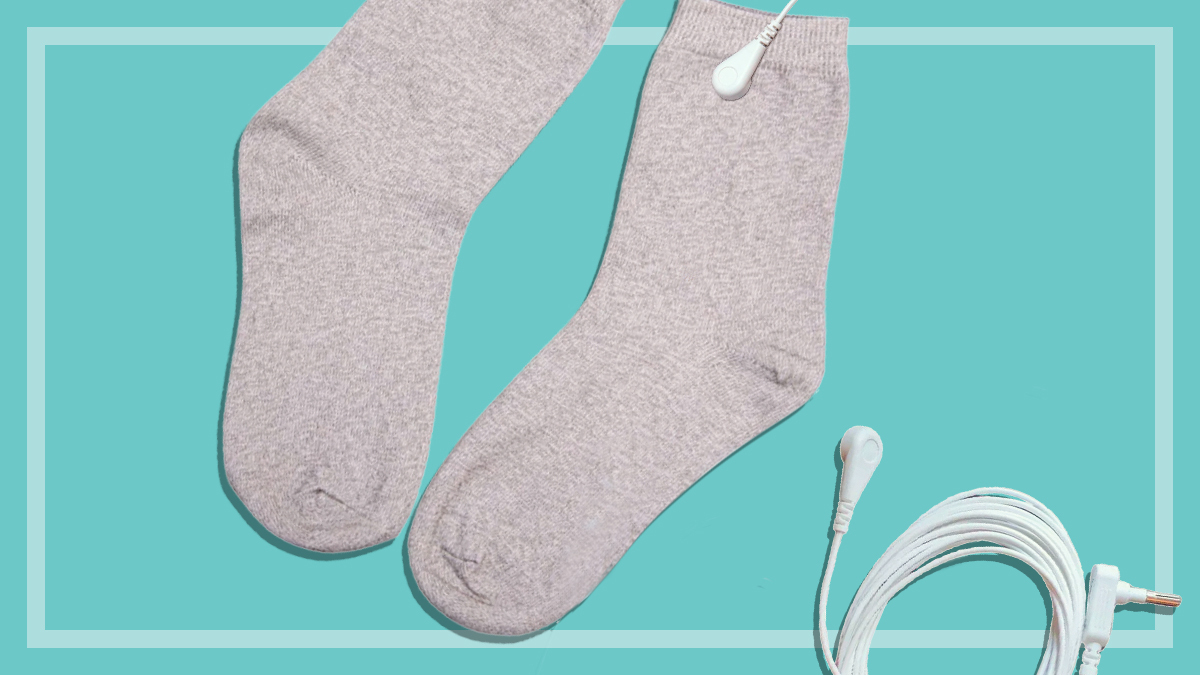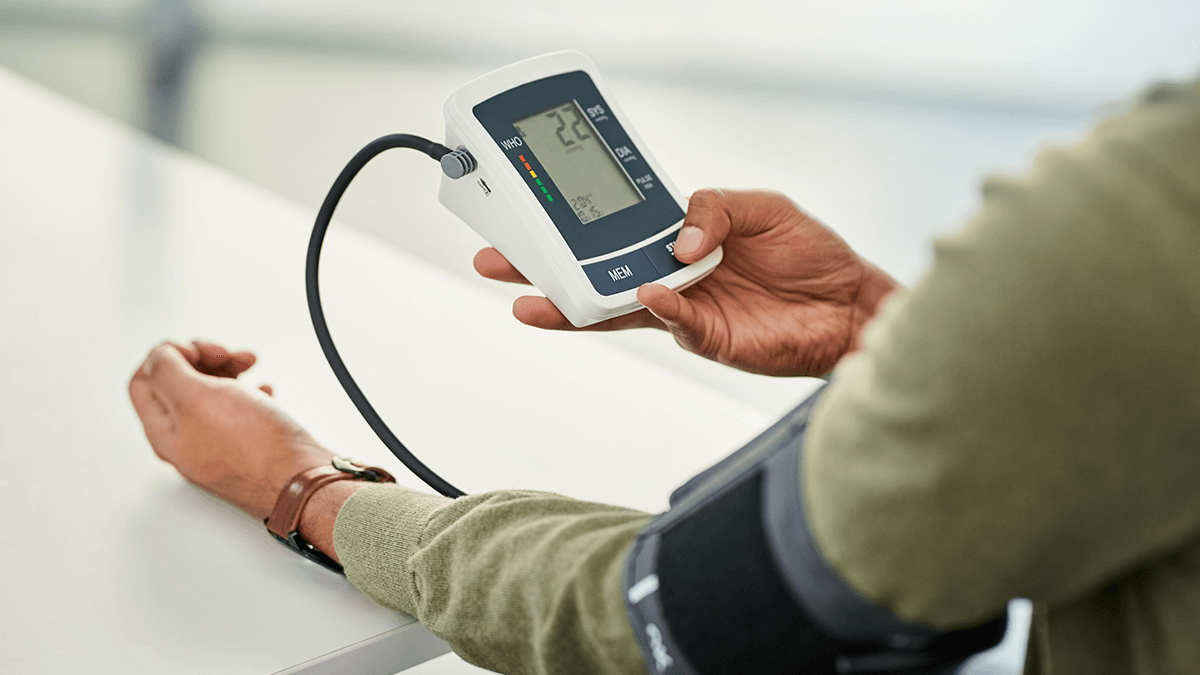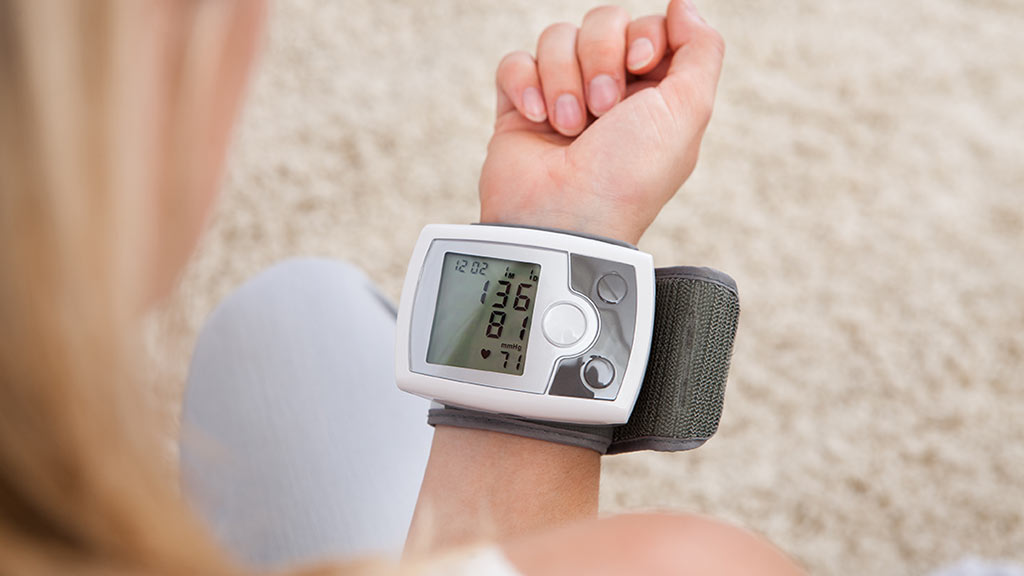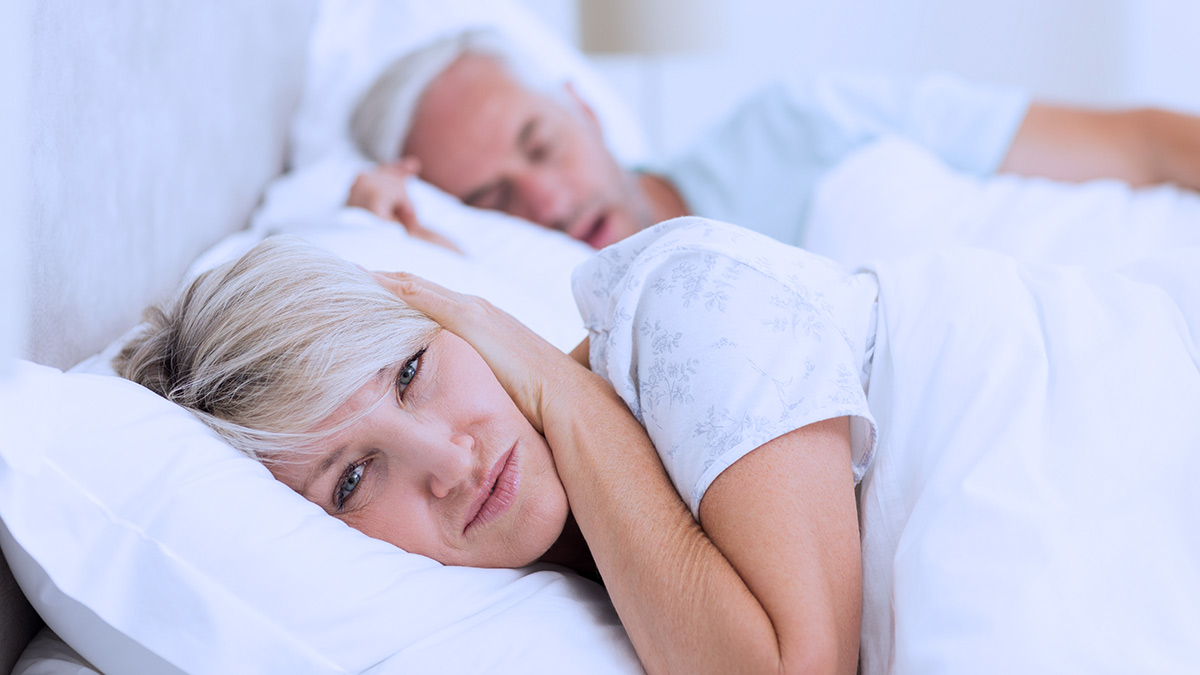Get our independent lab tests, expert reviews and honest advice.
Can these products help you get a better night’s sleep?
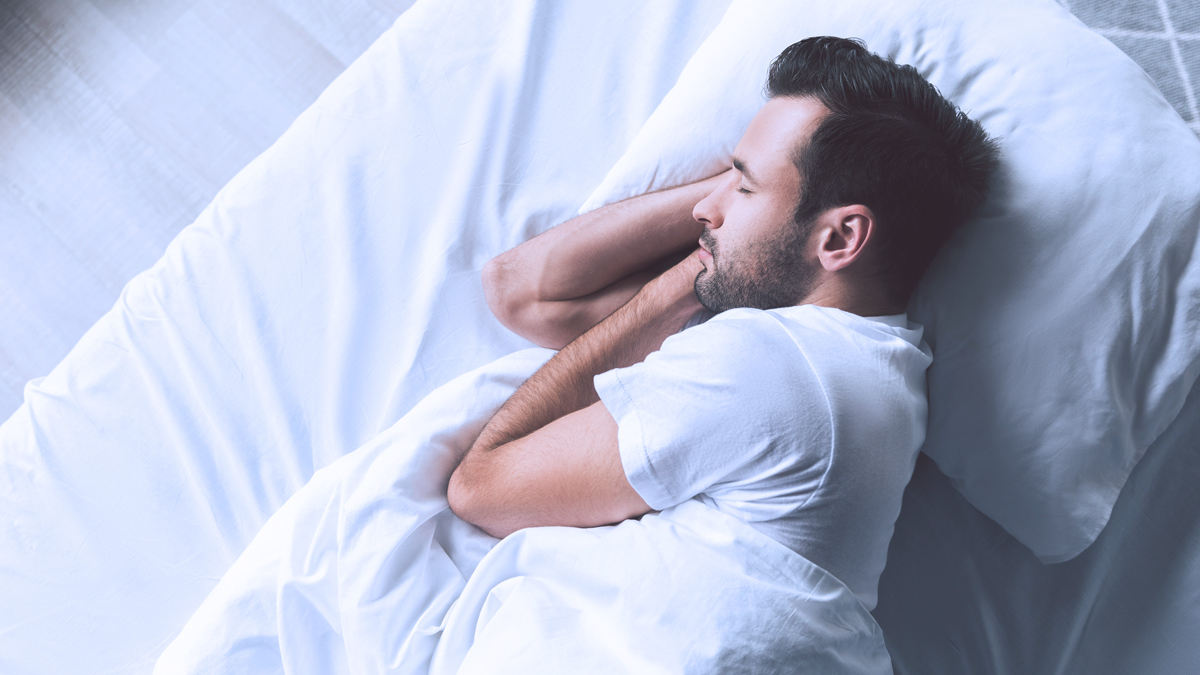
Need to know
- We surveyed Australians to find out which products they're buying to help them sleep better
- Our experts share their tips for making more sleep-friendly choices for some of these most popular bedroom items
- Don't expect a single purchase to solve all your sleep problems and beware of products promising to do this
Sleep – for something we spend a third of our lives doing, we’re not having an easy time of it.
In a survey of 1000 Australians conducted in April, CHOICE found 91% had trouble sleeping at least once in the preceding 12 months.
Not content with just trying to count sheep, consumers are investing in getting some shut eye, with 62% of respondents telling us they had recently bought a product they hoped would improve their sleep.
Among the most popular bedroom buys were the usual suspects, including pillows and mattresses, but also air conditioners, heaters and fans.
But when you’re faced with enough options to make you want to have a lie down – including 47 different types of mattress – how do you know which product will fulfil your dreams of getting a decent night’s rest?
To stop you from tossing and turning over a bad bedroom investment, we’ve asked our expert testers for their advice on choosing the right products for a good night’s sleep.
Pillows
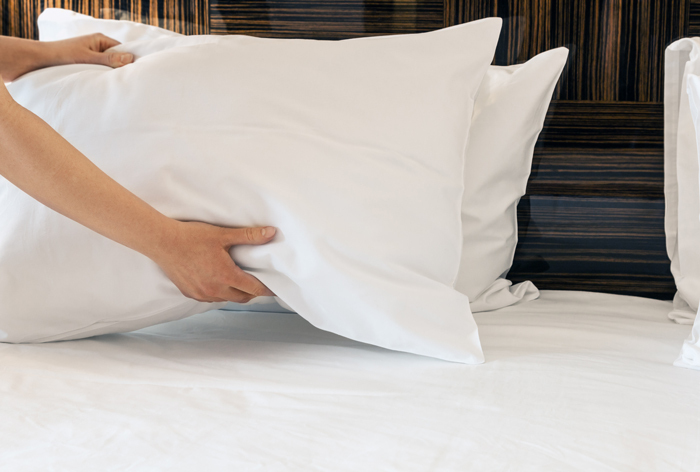
Having somewhere soft to rest your head is a good start if you’re wanting to upgrade your sleep setup.
So, it’s no surprise that pillows topped the list of sleep purchases, with 28% of those surveyed indicating they had purchased a new pillow to try to get some more shut eye.
CHOICE director of reviews and testing Matthew Steen advises pillows are just one factor in sleeping arrangements, warning that a new one won’t necessarily guarantee better sleep and one type of pillow won’t be perfect for everyone.
“It’s going to depend on what you want and are used to,” he explains. “Our testing results give you a good starting point, but ultimately we give people a lot of filters to work with (including the pillow filling used) because there are so many variables in having a good sleep.”
CHOICE pillow reviews measure the comfort and support each pillow provides to different resting heads (side versus back sleepers, for example) and our test also simulates the ageing process to see how well each model performs over time.
Mattresses
Mattresses were another favoured buy for people looking to sink some money into their slumber, with 14% of survey respondents telling us they had recently invested in one to improve their sleep.
CHOICE mattress expert Peter Zaluzny says while comfort and support are important factors to consider, it’s also worthwhile appraising mattress stability if you’re going to be sharing it with someone else.
CHOICE assesses stability by measuring the oscillations that occur in each mattress following a 17.5kg impact that simulates the turning body of a sleeping person.
Leave, come back, try mattresses multiple times if you have to and don’t let salespeople pressure you into buying before you’re ready
CHOICE mattress expert Peter Zaluzny
Our reviews also assess comfort when the mattress is brand new and after a simulated eight years of use, coming up with an overall comfort retention score.
Finally, Peter notes there are some ground rules you should follow when browsing for a new mattress, starting with “never shop tired”.
“Every mattress feels like the most comfortable bed in the world when you’re exhausted,” he explains, adding that if you share a bed with someone, you should get them to try any mattresses with you for a more accurate representation of how you rest at night.
“Also, take all the time you need,” he suggests. “Leave, come back, try mattresses multiple times if you have to and don’t let salespeople pressure you into buying before you’re ready.”
Fans, heaters and air conditioners
Almost four in 10 people surveyed said they had air temperature and humidity control in their sights when investing in making their bedroom more suitable for a snooze.
CHOICE heating and cooling expert Chris Barnes says if you sometimes find it too hot (or too cold) to sleep, an air conditioning unit might be your best option.
“A reverse-cycle air conditioner can not only cool the room down on a hot night, but warm it up on a cold one too,” he says. “When the temperatures are extreme, it’s the most effective and energy-efficient option.”
When shopping for a cooling appliance, Chris recommends making sure it has adjustable airflow settings, as this can also have an effect on your sleep.
“Look for an air conditioner with a good range of fan speeds, as you’ll want it on a quiet, low speed setting at night,” he suggests. “Ceiling and pedestal fans also need a low speed setting that’s gentle but still effective, so they can deliver a quiet but useful breeze.”
The same rule applies if you’re looking to warm things up, with a good range of settings a must-have if you’re going to run a portable heater all night.
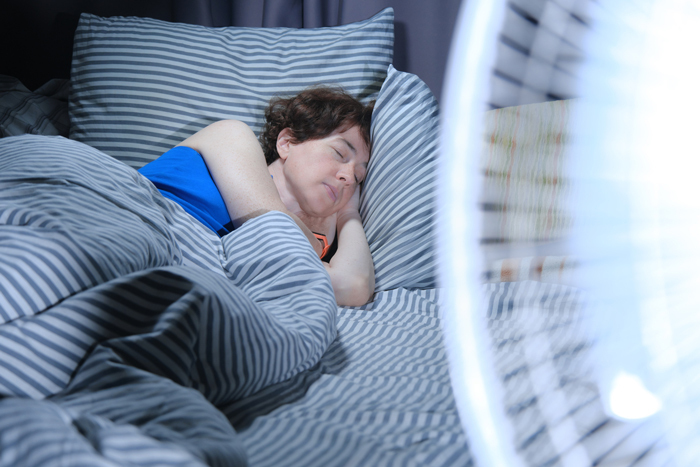
“Column and convection heaters are often a good choice for bedrooms, as they’re usually safe to leave running for a long time,” Chris advises. “We wouldn’t recommend any heater with exposed elements, such as a radiant heater, for overnight use.”
CHOICE air conditioner, pedestal fan and heater reviews score units on their airflow, temperature and noise performance, while our ceiling fan reviews include a specific bedroom score that rates the product’s ability to move air without disrupting sleep.
Whether you’re buying for overnight heating, cooling or both, it’s also vital to make sure an appliance doesn’t have any bright indicator lights that could disturb your sleep.
Products to avoid
Those we surveyed also told us about a number of purportedly slumber-inducing products they had bought that were more of a nightmare than a dream come true, including a nasal spray one respondent labelled “damn silly”.
Steen says he isn’t surprised, noting “there’s no shortage of products that promise more than they can actually deliver,” adding that “those seeking a restful night’s sleep can be particularly vulnerable to these kinds of claims”.
In 2018, we gave Bioglan Melatonin Homeopathic Sleep Formula a Shonky for using the word melatonin on its packaging, despite being a homoeopathic formula that didn’t contain any actual melatonin and wasn’t backed by any evidence that it could actually help you sleep.
In 2018, we gave Bioglan Melatonin Homeopathic Sleep Formula a Shonky for using the word melatonin on its packaging, despite being a homoeopathic formula that didn’t contain any actual melatonin
We’ve also looked into weighted blankets and found expensive products making big claims, but without much reliable evidence about their efficacy. Health experts have also expressed their scepticism about whether these items can actually improve sleep quality.
If you are struggling to sleep, it’s best to consult a medical professional before pinning your hopes on a cure-all purchase.

